Costa Mesa, CA Drug & Alcohol Treatment Centers
Looking for help with addiction in Costa Mesa, CA?
Insurance
Treatment Programs
Looking for help with addiction in Costa Mesa, CA?
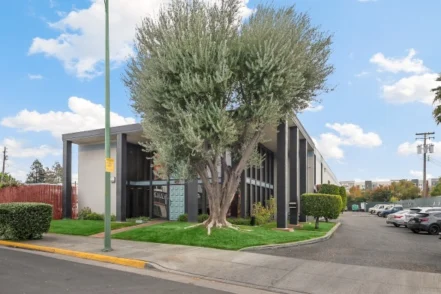
782 Park Avenue, Suite 1 San Jose, California 95126

580 Charles Street San Jose, California 95112

3822 Campus Dr Suite 500 Newport Beach, CA 92660
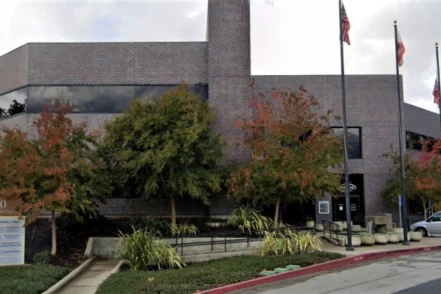
100 Park Place, Suite 120 San Ramon, California 94583

1191 Simmons Lane Novato, California 94945
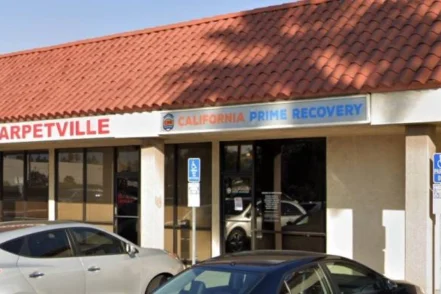
17330 Newhope Street, Unit A Fountain Valley, California 92708
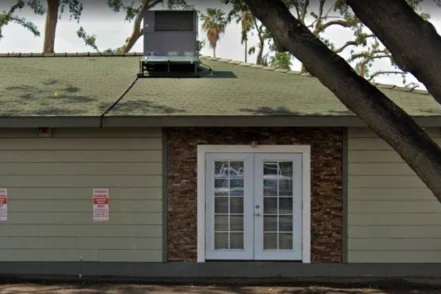
2920 H Street Bakersfield, California 93301
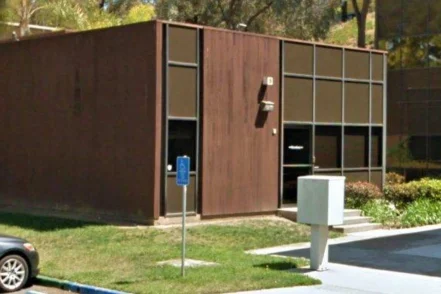
183 Calle Magdalena, Suite 101 Encinitas, California 92024

1835 Allston Way Berkeley, California 94703

5675 West Olympic Boulevard Los Angeles, California 90036
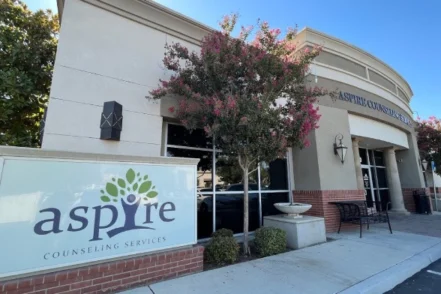
9830 Brimhall Road Bakersfield, California 93313
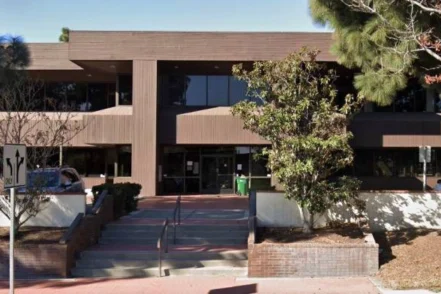
10175 Slater Ave, Suite 200 Fountain Valley, California 92708

2211 E Ocean Blvd Long Beach, California 90803

13022 Yorba St Santa Ana, California 92705